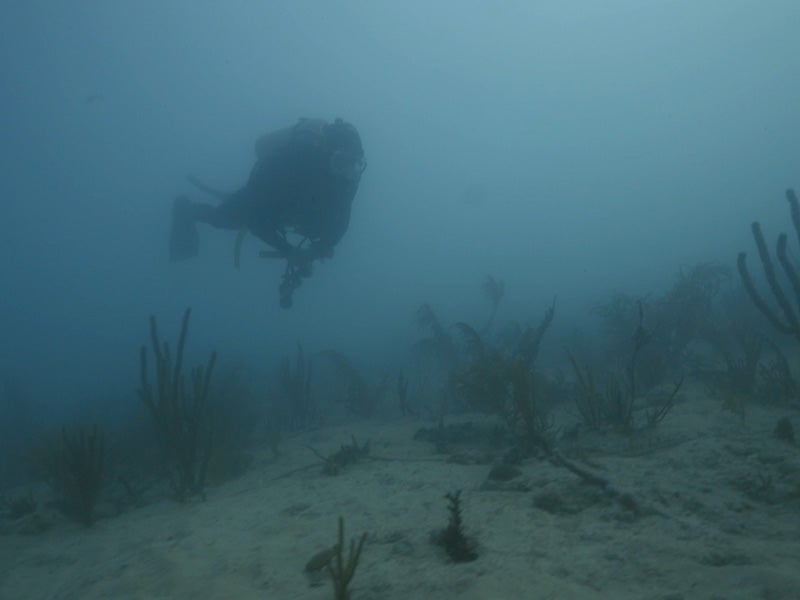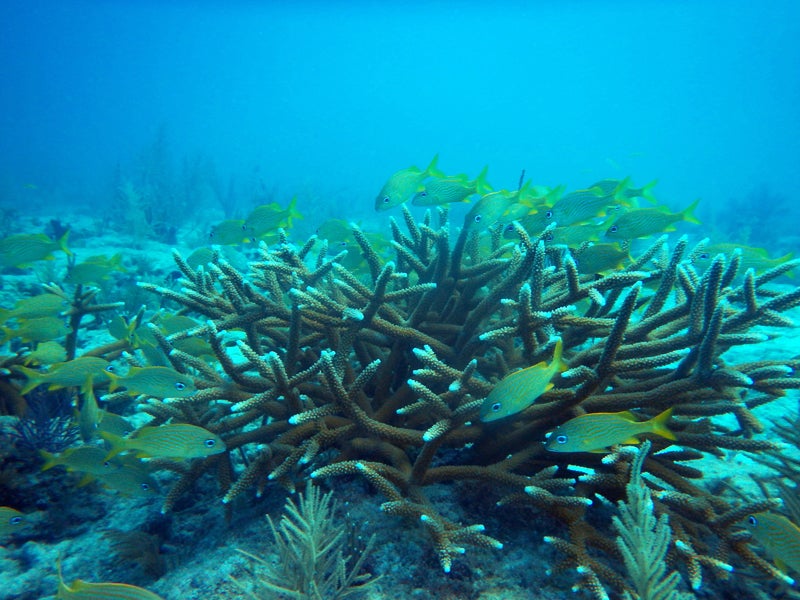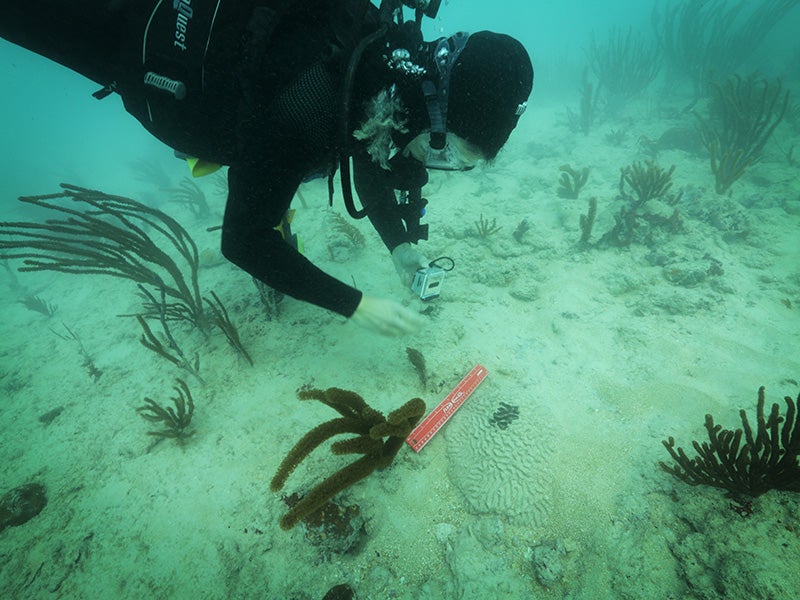Protecting Threatened Reefs in Florida
The Florida reef tract is the only living near-shore barrier coral reef system in the continental United States. It protects our coast, and supports local economies. It has already declined by more than 80 percent since the 1970s.
Clients
Attorneys
Regional Office / Program
Case Overview
The Florida reef tract is the only living, near-shore barrier coral reef system in the continental United States. Coral reef systems provide crucial shelter, food and breeding sites for countless marine plants and animals, including species that are commercially and recreationally valuable. They also protect coastal residents because they buffer storm damage.
The reefs are economically vital to South Florida. A 2001 study found that coral reef-related expenditures generated more than $2 billion in sales in Broward County alone, resulting in $1 billion in income and 36,000 jobs to Broward County.
Unfortunately, Florida’s reefs are in dire trouble. Due to pervasive threats like climate change, the National Marine Fisheries Service has listed seven Caribbean species of coral as threatened under the Endangered Species Act. At least six of those species are present near Port Everglades.
A coalition of environmental and SCUBA organizations have joined together to demand that the U.S. Army Corps of Engineers provide mandatory, common-sense protections for nearby reefs during an upcoming, proposed dredging project to expand Port Everglades in Fort Lauderdale. This is particularly urgent after widespread reef destruction during the dredging of the Port of Miami in 2015.
The dredging is part of an effort by the Corps to expand ports along the East Coast to accommodate larger ships. During the dredging of PortMiami, the Army Corps illegally injured and killed Endangered Species Act-listed staghorn corals and buried alive more than 200 football fields of reef habitat. The damage stemmed from the Corps’ failure to collect and use accurate, up-to-date information or adequately account for potential impacts to nearby reefs.
Despite this, the Corps still refuses to correct mistakes and learn lessons stemming from PortMiami, and has asked Congress for authorization for the Port Everglades dredging based on inaccurate assumptions and surveys.

Case Updates
Case page created on May 31, 2016.


